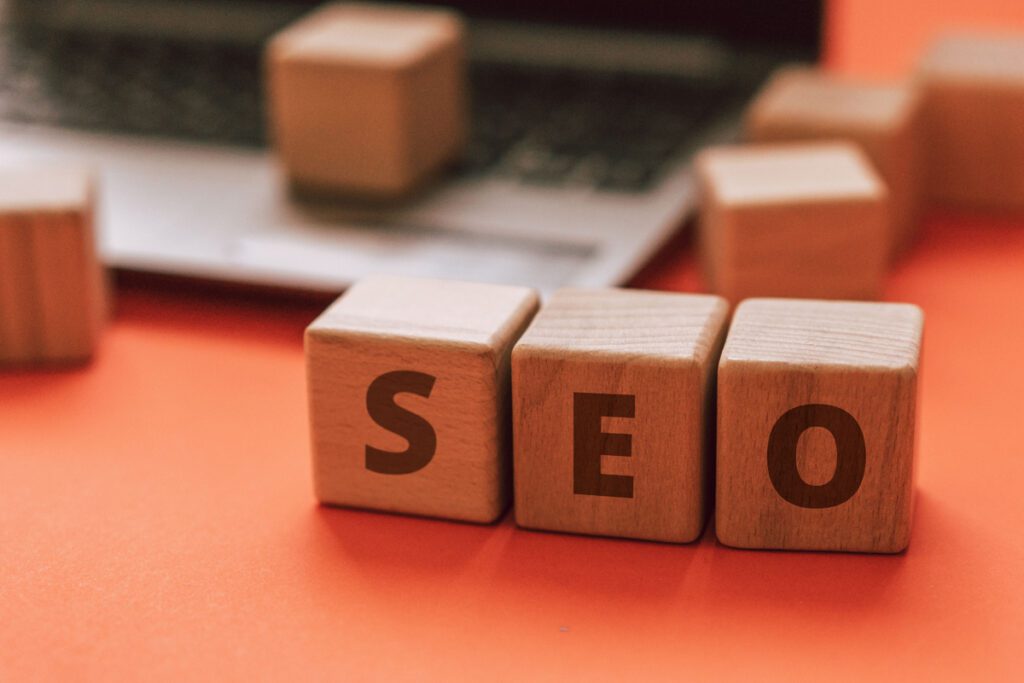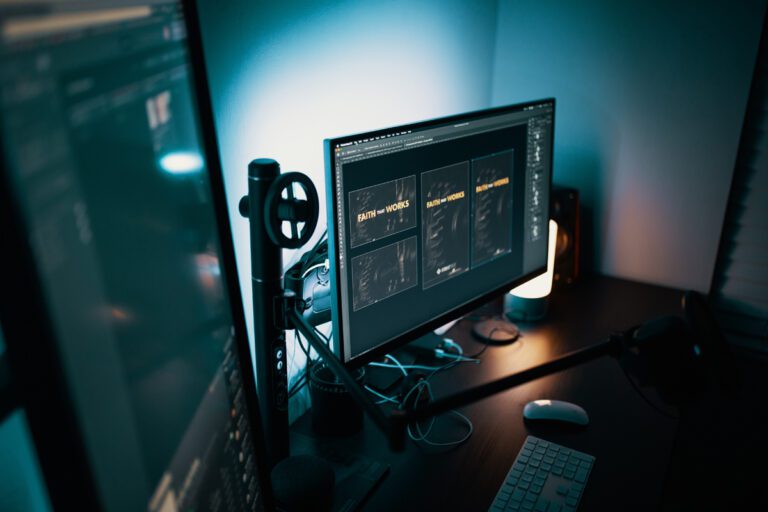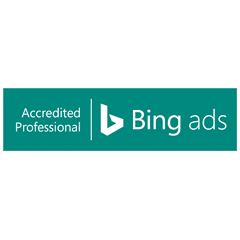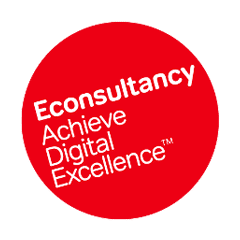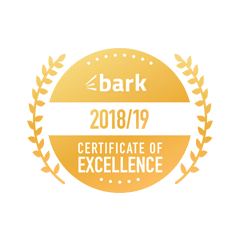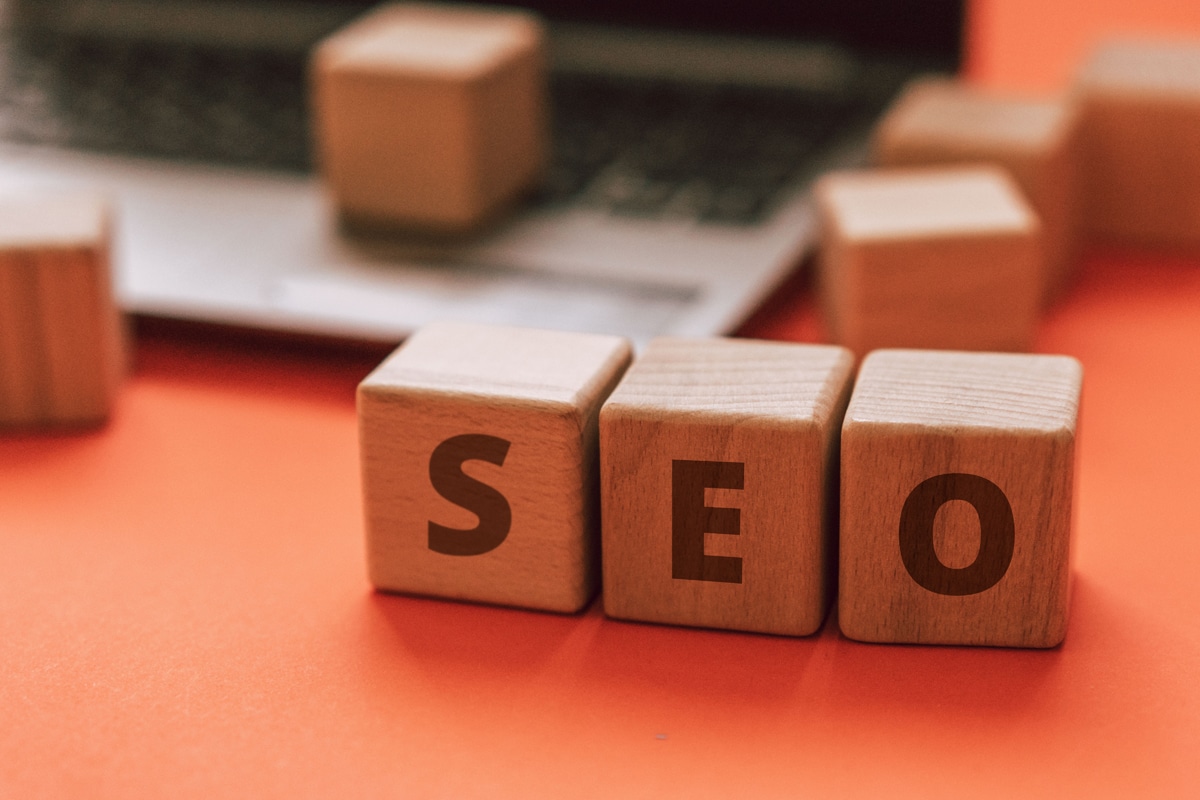
What Is SEO Internal Linking?
As an SEO & content marketing agency, we know a thing or two about strategy and tactics, when it comes to ranking keywords and growing your organic traffic.
So, in very simple terms here is an explanation of the meaning of SEO internal linking and if you are looking for a good example, well look no further than this article right here or any of the blog posts on our website.
SEO internal linking is adding hyperlinks to specific keywords and text within your blog pages and website landing pages that interlink with other relevant pages on your website.
In a bit more detail, SEO internal linking refers to the practice of creating hyperlinks within a website that connect one page to another within the same domain. These internal links pointing at relevant pages on your website, play a crucial role in how Google search engines crawl, index, and understand the content on a website. The process involves strategically linking relevant pages together, guiding both users and search engine bots to navigate through the website’s content more efficiently.
Link structures and link building are essential for your site structure and URL structure. Here are some key aspects and benefits of SEO internal linking:
Improved Website Navigation
Internal links provide clear paths for users to navigate from one page to another within the website. This helps visitors find related or relevant content easily, enhancing their overall user experience.
Equitable Distribution of Page Authority
When a page receives external backlinks or has high authority, internal linking allows that authority to be distributed to other pages on the site. This helps in boosting the visibility and ranking potential of other interconnected pages. External links and contextual links are also important factors in your SEO strategy and help build domain authority.
Enhanced Indexation
Search engine bots use internal links to discover and crawl new pages on the website. By providing clear and accessible internal links and link equity, you ensure that all your essential pages are indexed and included in search results.
Keyword Relevance and Context
Through strategic anchor text (the clickable text in a hyperlink), internal linking allows you to use relevant keywords to describe the linked content. This gives search engines context about the destination page’s subject matter, contributing to improved ranking for those specific keywords.
Establishing Site Architecture
Reduces Bounce Rate
By providing relevant internal links, you encourage users to explore more pages on your site, reducing bounce rates and increasing the time spent on your website.
– Use descriptive and keyword-rich anchor text that accurately reflects the content of the linked page.
– Prioritize linking to relevant pages that add value to the user experience.
– Avoid excessive internal linking, as it may be seen as spammy by search engines and confuse users.
– Make sure your internal links are crawlable by search engine bots, avoiding techniques like using JavaScript-based links.
– Regularly audit your internal links to ensure they are up-to-date and relevant.
As a site owner, you want to create compelling pieces of content that engage your audience, trust and love what you do – help them solve a problem or pass on knowledge, all key brand-building cornerstones.
Here at ality, we incorporate a well-planned SEO internal linking strategy into your website, you can improve search engine visibility, user experience, and overall website performance.
FAQ ality answers
Q: Is internal linking a ranking factor?
A: Yes, internal linking is considered a ranking factor in search engine optimization (SEO). Internal linking plays a crucial role in how search engines crawl, index, and understand the content on a website. When search engine bots discover internal links while crawling a website, they use these links to navigate and understand the relationships between different pages on the site.
Q: Is internal linking important for SEO?
A: Yes, internal linking is essential for SEO and plays a significant role in optimizing a website’s overall performance in search engine rankings.
Q: How much internal linking is good for SEO?
A: The ideal amount of internal linking for SEO can vary depending on the size of your website, the number of pages, and the overall content structure. There is no specific magic number of internal links that applies universally, as it’s more about the quality and relevance of the links rather than the quantity.
Q: Are too many internal links bad for SEO ranking?
A: Yes, too many internal links can potentially have a negative impact on SEO ranking and user experience. While internal linking is important for SEO, excessive internal links or improper implementation can be seen as spammy by search engines and may not provide a good user experience.
Q: How many internal links per 1000 words?
A: There is no specific rule or fixed number of internal links per 1000 words that applies universally. The ideal number of internal links in your content depends on various factors, including the length of the content, the depth of the topic, the website’s structure, and the overall user experience you want to provide.
Summary
We hope this article helps you understand more about internal linking and its benefits. If you are interested in growing your organic footprint and driving organic traffic to your website, take a look at our content marketing services, and local SEO services or just get in touch.

